- Home
- About Us
- TSPT Academy
- Online Courses
-
Resources
- Newsletter
- Business Minded Sports Physio Podcast
- Day in the Life of a Sports PT
- Residency Corner
-
Special Tests
>
-
Cervical Spine
>
- Alar Ligament Test
- Bakody's Sign
- Cervical Distraction Test
- Cervical Rotation Lateral Flexion Test
- Craniocervical Flexion Test (CCFT)
- Deep Neck Flexor Endurance Test
- Posterior-Anterior Segmental Mobility
- Segmental Mobility
- Sharp-Purser Test
- Spurling's Maneuver
- Transverse Ligament Test
- ULNT - Median
- ULNT - Radial
- ULNT - Ulnar
- Vertebral Artery Test
- Thoracic Spine >
-
Lumbar Spine/Sacroiliac Joint
>
- Active Sit-Up Test
- Alternate Gillet Test
- Crossed Straight Leg Raise Test
- Extensor Endurance Test
- FABER Test
- Fortin's Sign
- Gaenslen Test
- Gillet Test
- Gower's Sign
- Lumbar Quadrant Test
- POSH Test
- Posteroanterior Mobility
- Prone Knee Bend Test
- Prone Instability Test
- Resisted Abduction Test
- Sacral Clearing Test
- Seated Forward Flexion Test
- SIJ Compression/Distraction Test
- Slump Test
- Sphinx Test
- Spine Rotators & Multifidus Test
- Squish Test
- Standing Forward Flexion Test
- Straight Leg Raise Test
- Supine to Long Sit Test
-
Shoulder
>
- Active Compression Test
- Anterior Apprehension
- Biceps Load Test II
- Drop Arm Sign
- External Rotation Lag Sign
- Hawkins-Kennedy Impingement Sign
- Horizontal Adduction Test
- Internal Rotation Lag Sign
- Jobe Test
- Ludington's Test
- Neer Test
- Painful Arc Sign
- Pronated Load Test
- Resisted Supination External Rotation Test
- Speed's Test
- Posterior Apprehension
- Sulcus Sign
- Thoracic Outlet Tests >
- Yergason's Test
- Elbow >
- Wrist/Hand >
- Hip >
- Knee >
- Foot/Ankle >
-
Cervical Spine
>
- I want Financial Freedom
- I want Professional Growth
- I want Clinical Mastery
|
Dry needling appears to be the new "technique" that orthopaedic therapists are trying to learn. It's different, there is a demand, and there are reports of success. With this, unfortunately, comes expensive classes. Is the potential benefit worth the expense? Now, with all these factors comes a certain level of controversy. In fact, there are some out there that almost appear to have alerts set up for whenever a dry needling post comes up, so that they can lecture about its "ineffectiveness" and lack of evidence. Understandably, one of the most important critiques of dry needling as an intervention is the lack of high quality evidence to support it. While this is true, there are several reasons why we shouldn't suddenly abandon the potentially useful intervention altogether. For one, part of the lack of research is secondary to inconsistencies in technique and the studies. I'm aware of 3 programs locally and know that all three have different methods of dry needling. Secondly, research is only one of the three pillars of evidence based practice. The other two include patient preference and clinical experience. If a patient reports prior success with dry needling, it may prove beneficial to include in your plan of care. The clinical experience can be seen with changes being made in a specific asterisk sign from the one intervention of dry needling. While I will not argue the specific mechanism, it likely works through acting as a novel stimulus to the nervous system to alter threat levels. To build off that I want to give you a quote about how we should interpret research and implement the findings into practice: “However, the authors caution against interpreting EBP to mean that good practice should consist of only application of those tests and measures or interventions currently backed by good-quality research evidence...Likewise, when tests/measures and/or various interventions are proven to be faulty or ineffective through good quality research, it is reasonable to argue that they should not be used in practice. However, if there is no relevant evidence available, or if the evidence that is available is of questionable quality, clinicians must rely on other theoretical knowledge and practice experience, integrated within a sound clinical reasoning process, to determine appropriateness of tests/measures and interventions that have not yet been adequately researched (Christensen et al, 2011).” With the push for physical therapy to be more research-driven, many have put the potential highest quality of evidence on a pedestal. Many have forgotten that much of what we do as physical therapists has not been studied or the studies lack true isolation of variables. Because of these limitations, we must remember to not be so close-minded as to eliminate potentially useful interventions. As many of you know, pain is more of a perception and we must impact the nervous system and the patient's beliefs to truly alter their experience. There are some patients who will have excellent responses to dry needling. Let's not limit those patients' potential improvement simply because research is lacking. -Dr. Chris Fox, PT, DPT, OCS Reference: Christensen N, Jones MA, Edwards I. Clinical Reasoning and Evidenced-based Practice. Current Concepts of Orthopaedic Physical Therapy, 3rd Ed. La Crosse, WI. 2011.
2 Comments
Glenn
9/28/2016 09:06:56 am
These modalities and adjunct therapies are great in the aspect of business, as clients perceive it as a valuable skill, and gives them a reason to return for PT treatment.
Reply
Leave a Reply. |
Dr. Brian Schwabe's NEW Book in partner with PaleoHacks!
Learn residency-level content on our
Insider Access pages We value quality PT education & CEU's. Click the MedBridge logo below for TSPT savings!Archives
July 2019
Categories
All
|

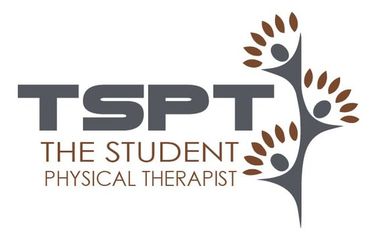
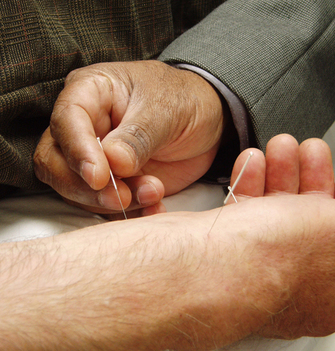
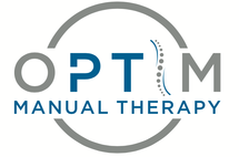
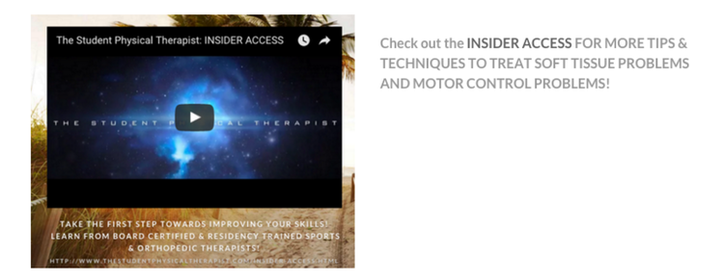
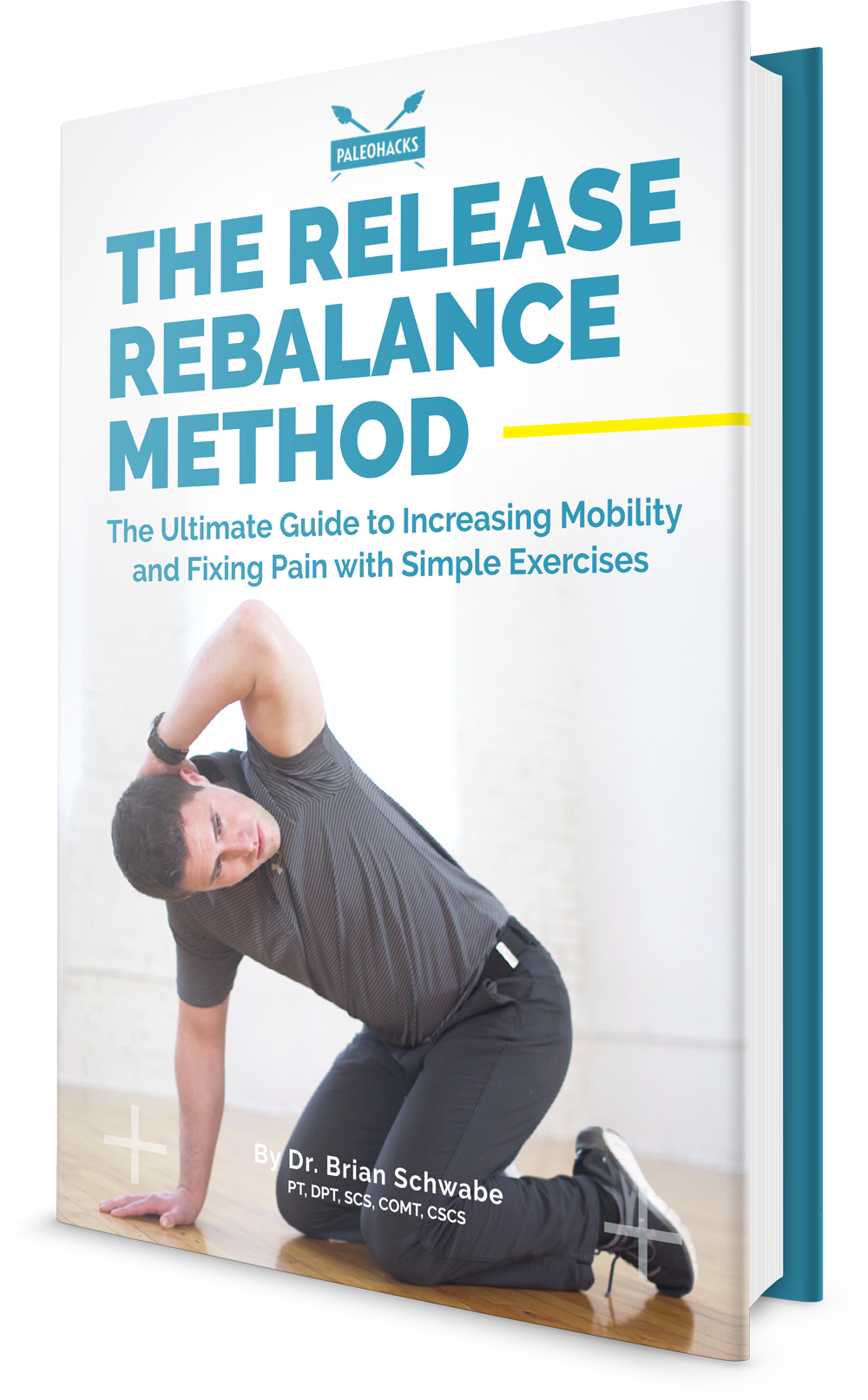



 RSS Feed
RSS Feed